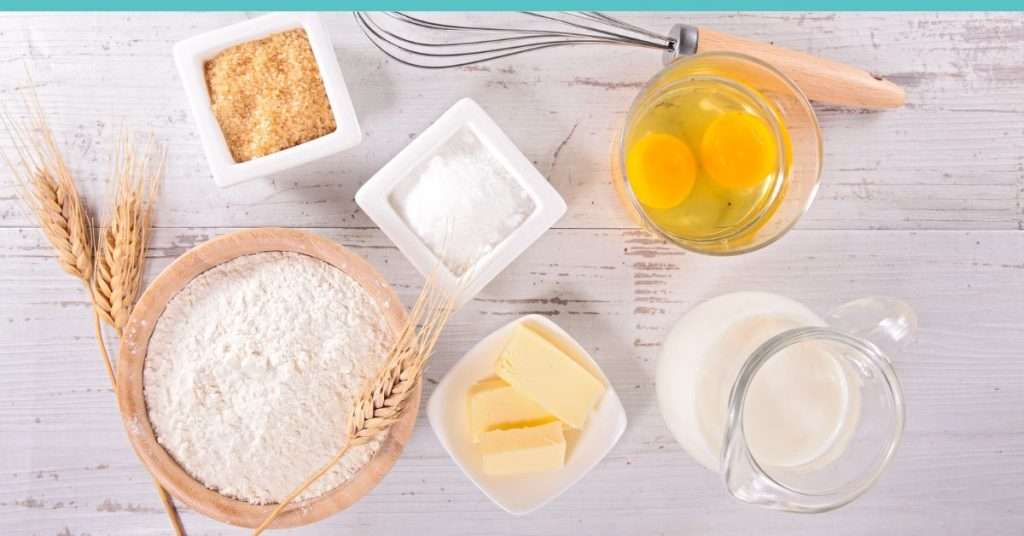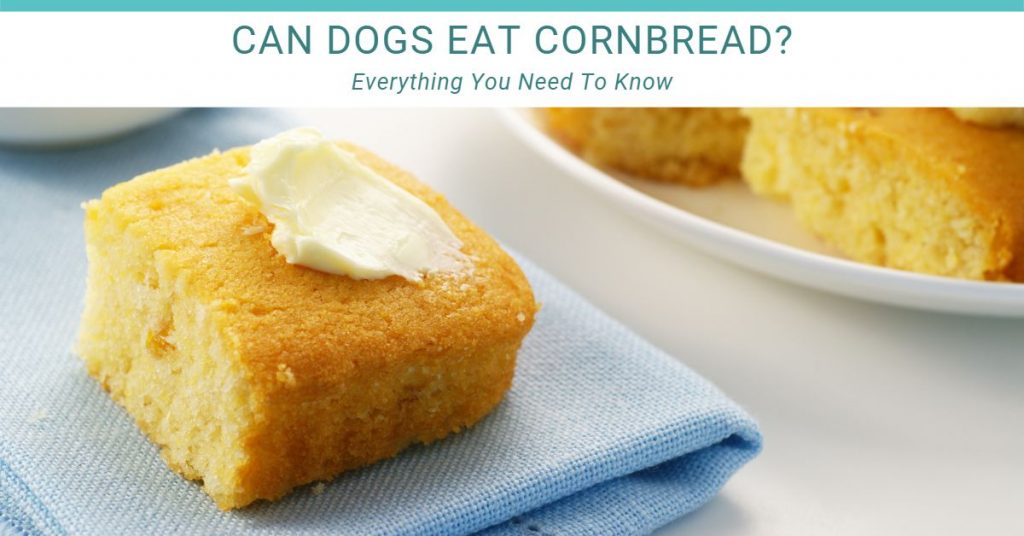Pancakes for Dogs: Fact or Fiction?
Breakfast time is a cherished moment for many dog owners, and it’s natural to wonder if our furry companions can partake in the deliciousness of pancakes. If you’re a concerned dog owner with questions about whether pancakes are safe for your canine friend, you’ve come to the right place. In this comprehensive guide, we’ll explore the topic of dogs and pancakes, providing you with valuable insights to make informed decisions about your dog’s diet.
Understanding the Nutritional Needs of Dogs
Before we delve into the specifics of pancakes, it’s crucial to understand the nutritional needs of dogs. Canine diets require a delicate balance of protein, carbohydrates, and fats to support their overall health and well-being. Feeding dogs inappropriate foods can have adverse effects on their health.
Pancakes: Composition and Nutritional Value

Let’s take a closer look at pancakes and their nutritional composition. Pancakes are typically made from a mixture of flour, eggs, milk, and a small amount of sugar and butter. While these ingredients may seem harmless, it’s essential to consider their impact on a dog’s diet.
In terms of nutritional value, pancakes are high in carbohydrates and can be quite calorie-dense, depending on the size and toppings. They also contain fats and a small amount of protein. However, the sugars and excessive amounts of salt found in pancakes can be problematic for dogs if consumed in large quantities.
Potential Risks of Feeding Pancakes to Dogs
Feeding pancakes to dogs comes with some potential risks. First and foremost, certain ingredients commonly found in pancakes can be harmful to dogs. For example, chocolate is toxic to dogs and should never be included in their diet. Similarly, artificial sweeteners like xylitol can be extremely dangerous for dogs, leading to severe health complications.
Additionally, dogs may be allergic to certain pancake ingredients, such as eggs or wheat flour. Allergies can manifest as skin irritations, digestive issues, or respiratory problems. Furthermore, the high sugar and fat content in pancakes can lead to weight gain, pancreatitis, or gastrointestinal upset in dogs.
Safe Pancake Alternatives for Dogs
If you’d like to treat your dog to a pancake-like experience without the risks associated with traditional pancakes, there are safe alternatives available. Consider making homemade dog-friendly pancakes using dog-safe ingredients. One option is to use whole wheat flour instead of regular flour, which provides more fiber and nutrients. You can also incorporate mashed sweet potatoes or pumpkin puree into the batter for added flavor and nutritional benefits.
Dog Safe Pancake Recipe:
Sure, here is a dog-safe pancake recipe from the website Paws and Mutt:
Ingredients:
- 1 ripe banana, mashed
- 1 large egg
- 100g plain flour
- 100ml water
- 1 tsp peanut butter (xylitol-free)
Instructions:
- In a bowl, mash the banana until smooth.
- Add the egg and flour and mix until well combined.
- Stir in the water and peanut butter.
- Heat a frying pan over a medium heat.
- Grease the pan with a little oil or cooking spray.
- Pour 1/4 cup of batter into the pan for each pancake.
- Cook for 2-3 minutes per side, or until golden brown.
- Serve immediately.
Tips:
- You can use any type of flour that your dog can tolerate.
- If your dog is allergic to wheat, you can use a gluten-free flour.
- You can add other ingredients to the batter, such as blueberries, strawberries, or pumpkin puree.
- Serve the pancakes with your dog’s favorite toppings, such as peanut butter, yogurt, or fruit.
Safety:
- It is important to make sure that all of the ingredients in the pancake batter are safe for dogs to eat.
- Do not add any sugar, honey, or syrup to the batter, as these are not safe for dogs.
- Do not cook the pancakes in butter or oil, as these can be harmful to dogs.
- Serve the pancakes in moderation, as too many pancakes can cause stomach upset in dogs.
I hope this helps!
Feeding Pancakes to Dogs: Dos and Don’ts
If you decide to offer pancakes to your dog, there are some essential guidelines to follow. Firstly, moderation is key. Pancakes should only be an occasional treat and not a regular part of your dog’s diet. Secondly, make sure to offer plain pancakes without any toppings or syrups. The added sugars, artificial flavors, and preservatives in toppings can be harmful to your dog.
Pay close attention to your dog’s reaction after consuming pancakes. If you notice any signs of discomfort, such as vomiting, diarrhea, or unusual behavior, it’s crucial to consult your veterinarian immediately.
If you want to have some toppings for the pancakes, try some healthy fruits like apples, mango, blueberries or peaches. Only use fresh or frozen fruit, do not used canned or jarred.
FAQ: Frequently Asked Questions about Dogs Eating Pancakes
Can dogs eat pancakes?
Are pancakes safe for dogs?
What are the risks of feeding pancakes to dogs?
Can dogs have syrup or toppings on their pancakes?
What should I do if my dog accidentally eats pancakes?
Can Dogs Eat Pancakes?
Dogs can eat pancakes safely on occasion, but it is important to consider their nutritional needs and potential risks. Moderation, proper ingredients, and careful observation of your dog’s reactions are key. Consulting with your veterinarian is always a wise choice to ensure your dog’s specific dietary requirements are met.
There are many delicious and safe pancake recipes available for dogs, both homemade and commercially made. If you are looking to give your furry companion a pancake treat, be sure to choose a recipe that is appropriate for their size and dietary needs.
We hope this guide has provided you with valuable information about dogs and pancakes. If you have any further questions or would like to share your experiences, we’d love to hear from you in the comments section below.
Remember, responsible and informed decision-making is vital when it comes to your dog’s diet. Stay pancake-positive and keep your canine companion’s health and happiness in mind!



